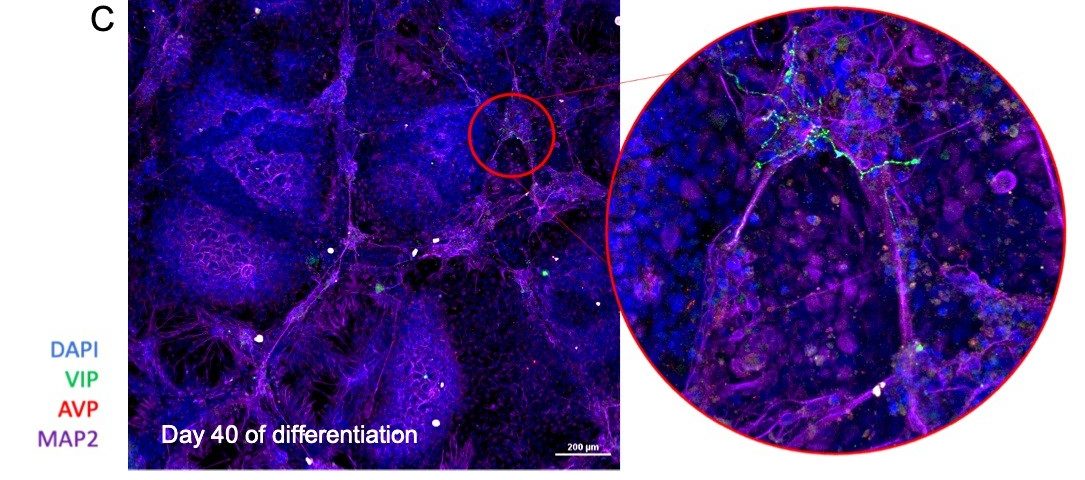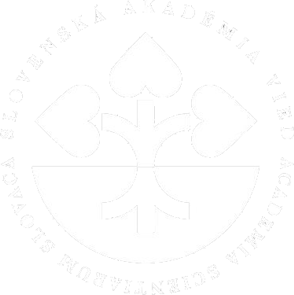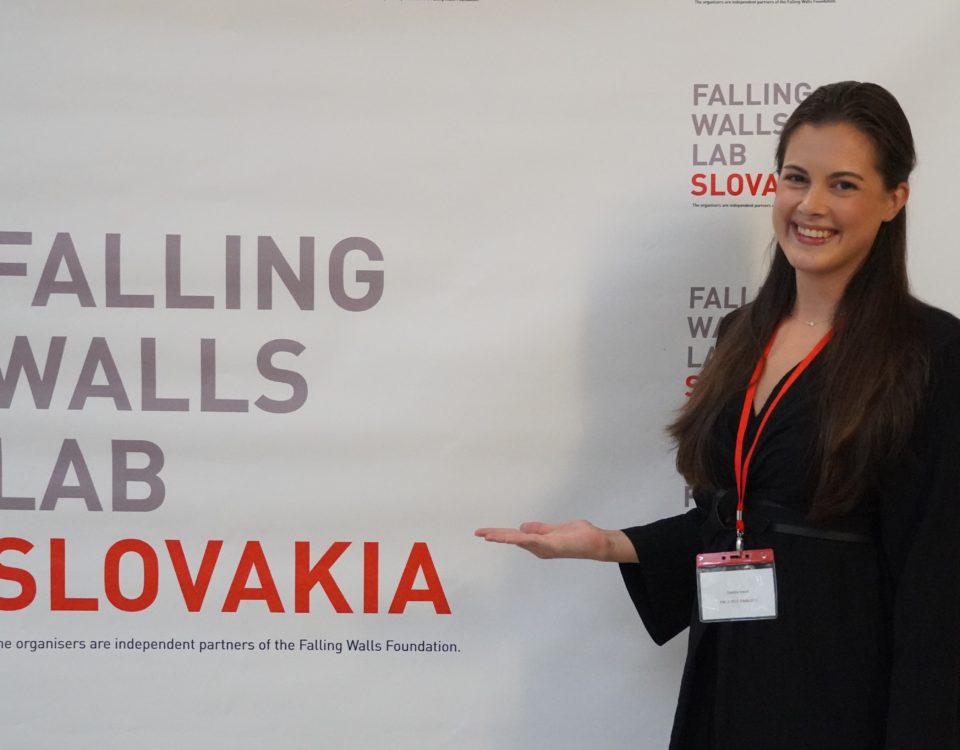This website uses cookies so that we can provide you with the best user experience possible. Cookie information is stored in your browser and performs functions such as recognising you when you return to our website and helping our team to understand which sections of the website you find most interesting and useful.
Invitation to a lecture by a renowned researcher in the field of artificial intelligence

Among other things, Amina Qutub directs a nationwide study focused on optimizing brain health throughout life by integrating biosensor technology, artificial intelligence, and neurogenesis bioanalysis.

Prof. Amina Qutub.
In her lecture, Professor Qutub will discuss, among other things, the identification of patient characteristics based on molecular data, the wisdom of the computational and clinical crowds to predict responses to chemotherapy, the identification of actionable biomarkers, and the incorporation of newer AI methods into bioinformatics approaches.
Amina Ann Qutub is a Burzik Foundation-funded Professor of Engineering Design and Associate Professor of Biomedical Engineering at the University of Texas at San Antonio (UTSA). She serves as Co-Director of the Center for Precision Medicine, Assistant Director of Strategic Partnerships and Research Thrust Co-Lead at MATRIX Artificial Intelligence (AI) Consortium, and Director of the UTSA – UT Health Graduate Group in Biomedical Engineering. She is the Co-Founder of PaloBio and Leah, AI-focused biotech startups.
Professor Qutub is a pioneer in methods at the intersection of computer science, neurobiology, and engineering in the field of human health. She leads two projects related to artificial intelligence in biomedicine: (1) iRemedyACT, a nationwide initiative focused on developing artificial intelligence tools for clinical decision-making to optimize care for trauma patients, and (2) MATCH, an initiative funded by the National Institutes of Health (NIH) focused on providing artificial intelligence tools to biomedical researchers. She also directs the Quantu project, a nationwide study focused on optimizing brain health throughout life by integrating biosensor technology, artificial intelligence, and neurogenesis bioanalysis.
More information can be found here.
Text: BMC SAS
Photo: archive of prof. Amina Qutub








